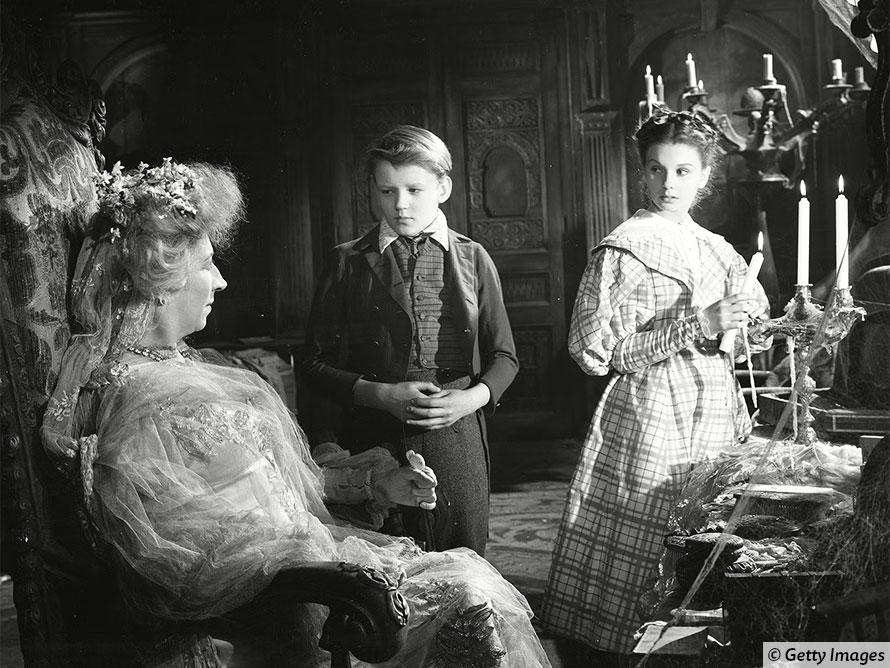Charles Dickens' 13th novel, Great Expectations, is often considered one of his best. It has everything readers have come to expect from the great writer, including a charismaticHaving an outgoing and charming personality. orphan, a mysterious benefactorA person who gives money to help a cause or an individual. and a stream of morally dubious members of the Victorian upper and lower classes. The complex plot involves a series of betrayals, revelations and coincidences but, at its heart, it is a story about a boy who is trying to improve himself. At various points, Pip wants to be better educated, a better person and to find a better position in society. As he grows up, he slowly begins to learn which of these is most important.
Great Expectations

Glossary
Charismatic - Having an outgoing and charming personality.
Benefactor - A person who gives money to help a cause or an individual.
Juxtaposition - Placing two things together to show the difference between them.
Industrial Revolution - A period of sudden, rapid industrialisation that transforms a country from an agricultural to an industrial economy.
Hereditary - Something which is passed from parent to child.
Gentility - Social superiority shown by good taste, behaviour and manners.
Evocative - Bringing images or feelings to mind.
Benevolent - Well-meaning and kind.
Perpetually - Constantly.
Sadistically - Enjoying hurting other people.
